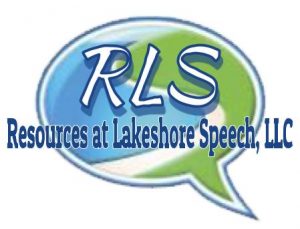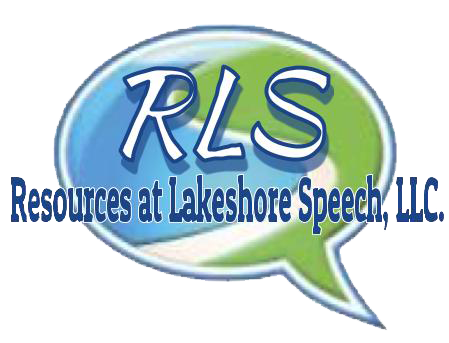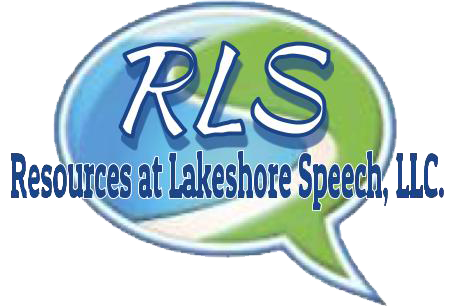For families with a child on the special needs, celebrating Thanksgiving may require some thoughtful preparation to ensure a comfortable and enjoyable experience. Here are some tips to help you prepare for a meaningful holiday celebration.
Continue readingDays Before Christmas
How to Prepare for Gift Giving and Receiving
Getting and giving gifts can be exciting but hard for some individuals. Preparing for this time of the year helps to make everyone’s celebration special.
Continue reading9 Easy Ways to Create Sensory Friendly Holiday Decor
The holiday season is a time of joy, celebration, and togetherness. We’ll explore how to create a sensory-friendly holiday environment by making thoughtful choices in your decorations.
Continue readingHelp your Community – Shop Local
In a world dominated by large corporations, the importance of supporting small businesses cannot be overlooked. Choosing to shop small is a powerful decision that goes through communities, increasing economic growth, uniqueness, and a stronger sense of connection.
Continue readingSensory-Friendly Thanksgiving
Celebrating Thanksgiving with a child with Autism may require some preparations ahead of time and on the special day to ensure a comfortable and enjoyable experience.
Continue readingBe Spooktacularly Ready for Halloween with Speech Therapy
Discover how speech therapy can make Halloween a treat. Explore how speech therapy can help practice Halloween-themed conversations, boost confidence, and improve social skills.
Continue readingSpecial Gifts
This message is short and sweet. First and foremost an open apology for seemingly abandoning my post writing these blog message this month. While I wish there was a great explanation, but all I really can say is life definitely gets in the way of the best of intentions!
Second, we at Lakeshore would be remiss if we didn’t take a moment to thank each and everyone of our amazing clients and families. You appreciate your trust in us to provide your loved one’s therapeutic services. We are thrilled to have you all as part of our Lakeshore Family.
Lastly, please take a moment to look around to see all the amazing gifts in your world this holiday season. These gifts aren’t wrapped in festive paper with a bow. These gifts are wrapped with your arms and love. Enjoy these gifts this holiday as we will enjoy ours.
Happy Holidays!
Lakeshore Speech Therapy, LLC
Sensory Sensitive Holiday Fun!
December has arrived and as with every year, it seems as if the calendar speeds up during this festive time. Packing in all the shopping, decorating and taking in the holiday fun can seem overwhelming. The elves at Lakeshore Speech Therapy took a little time to compile a one stop list of events in the Northeast Ohio area that are sensory friendly. These events are not only sensitive to the amount of unnecessary smells, sounds and sights, but often the pace of the event is slowed as well as those ‘working’ the event have been given some information on how to best engage with individuals with special needs.
- Sensory Friendly “Carol” by Great Lakes Theatre
- Krafts with Mrs. Clause
- Sensory Friendly Santa
- Children’s Museum of Cleveland – December
- Santa Cares
- Westlake Porter Library
- Lakewood Public Library
- Cleveland Public Library
- Cuyahoga Library
- AMC Movie Theater Sensory Friendly Movies
- SkyZone – Sensory Hours
- Kringle’s Inventionasium (While there is not a specific a specific sensory friendly event, when given advanced notice, the website indicates accommodations can be made.)
We hope you are able to take a few moments and enjoy these events with your loved ones.
Yours in Speech,
Lakeshore Speech Therapy, LLC
Revving up the holiday season!
The holiday season is revving up to get ready to roll. While we acknowledge there are significant stressors for you and your loved ones at this time of year, we could also consider the stress and comfort of extended families and friends. It is not your job to do everyone else’s job, however, taking a few moments to realize the impact you and your loved ones have on others could make family and friend gatherings more enjoyable for everyone.
Providing information about characteristics that are unique to your loved one, may create a more tolerant and understanding environment. A simple phone call, text or email to the host or hostess the explain those ‘quirks’ that you and your immediate family may not even notice. For example, let the homeowner know if your loved one needs to see all the bathrooms upon entering a new location or if your loved one may go around the home and close all the doors.
Help your extended family and friends better understand your loved one’s form of communication. Share his/her successes and any ‘triggers’ that may exist (ie: asking more than 3 times to clarify a phrase or word). Provide a few simple tips for the best way to engage your loved one (ie: asking yes/no questions or asking questions about the here/now vs past/ future).
Anticipate situations that may prove to be very stressful not only for you and your loved one, but the host/hostess. Communicate that you may be bringing a different meal for your loved one to enjoy vs eating the traditional meal. Share that your loved one may take a ‘break’ during the meal and what that can be expected (ie: your loved one may need to take a break in a room where you can guide your loved one to quiet area).
Open and host communication and preparation can create a setting where everyone enjoys their time together creating memories!
Yours in Speech,
Lakeshore Therapy Speech, LLC.

















